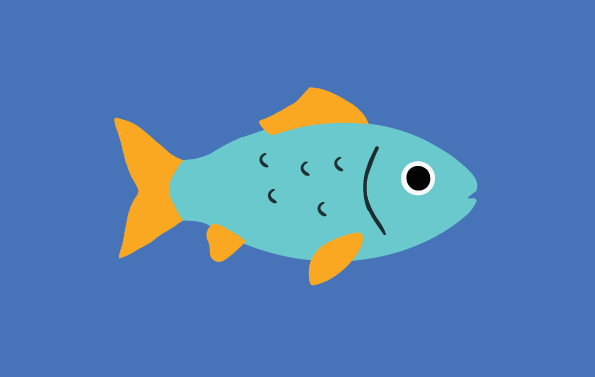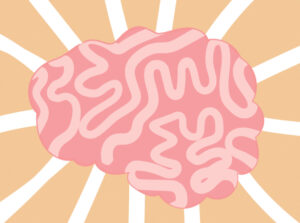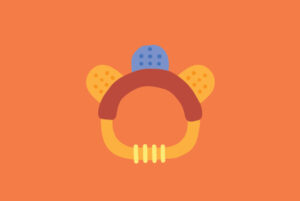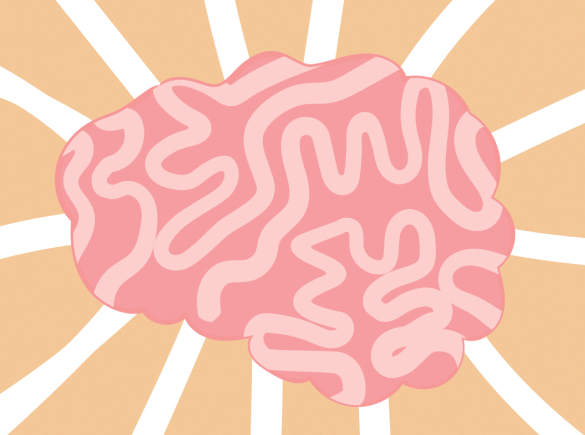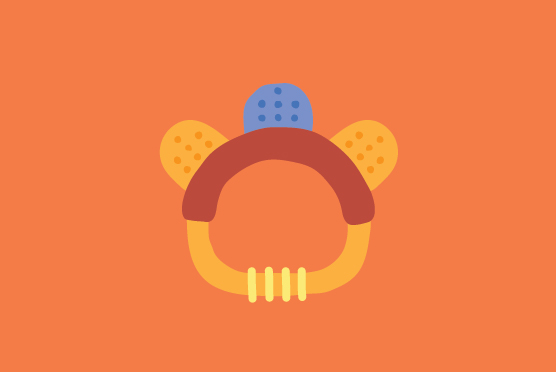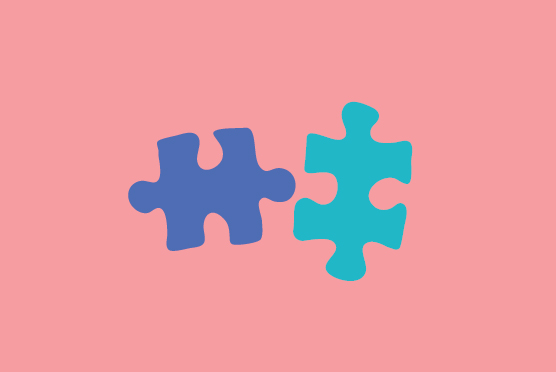Inside this article
Every parent aspires to raise a child who is intelligent, healthy, and compassionate. Most advice on promoting kindness for children emphasises emotional support and positive role models, which, of course, are essential. But recent research indicates an unexpected factor: your child’s diet, and specifically fish, may also influence their behaviour. Could incorporating fish into your child’s meals encourage empathy and kindness?
What does kindness have to do with nutrition?
The brain is an incredibly complex and dynamic organ, one that is particularly important for children, as it grows and develops rapidly, especially during the early years of life. In fact, it surprises many parents to hear that a child’s brain will reach 90% of its adult size by 5 years of age. The development of the brain and how it works are significantly influenced by the nutrients it receives, especially during childhood and adolescence. Just as you would expect diet to impact how your child physically grows, it can also have a profound influence on shaping behaviours, mood and emotional resilience.
The brain is, therefore, a hungry organ, not just for energy but also key nutrients such as omega-3 fatty acids, iron, zinc and B-vitamins. These not only support the development of the brain’s structure (especially fats), but also influence the production and regulation of chemical messengers (neurotransmitters). These influence everything from attention, to sleep, behaviour and empathy.
Optimising the intake of these nutrients for children is essential, as research indicates that when they are lacking, a domino effect can occur on a range of functions, from emotional regulation to behaviour and even the ability to respond to social cues. For example, low levels of Omega 3 fatty acids have been linked with increased irritability in children and difficulties with impulse control.
With this in mind, let’s look into why Omega-3 fatty acids are such a powerhouse nutrient for your child’s brain.
Omega-3s: Your child’s brain’s best friend
Omega-3 fatty acids refer to a group of essential fats that our bodies cannot make on their own, which means they have to come from food. The most important types for brain health are DHA (docosahexaenoic acid) and EPA (eicosapentaenoic acid), both primarily found in oily fish like salmon, sardines and mackerel.
DHA in particular helps to;
- Improve neuron function
- Enhance neurotransmitter production
- Reduce inflammation
- Supports your child’s brain plasticity
- Encourages the formation of new neurons
Think of DHA as helping to keep your child’s brain a healthy, well-oiled machine! Consistent intake can contribute not only to cognitive development but also to better emotional regulation, attention, and even social behaviour.
What the research says: Fish and kindness in children
In 2025, a new study from the University of Bristol found that children who eat little or no seafood by seven years of age may be less likely to display prosocial behaviours, such as sharing, helping, and friendly interaction, compared to those who regularly consume fish.
Drawing on data from nearly 6,000 participants in the long-running and well-known Children of the 90s study, researchers found a clear association between fish intake and behavioural outcomes. Although no link was found with IQ, children who met the NHS recommendations of two portions of fish per week, one of which was oily fish, were more likely to exhibit positive social behaviours by the ages of seven and nine. Despite this, most children in the study were actually not consuming enough fish! As a dietitian who works weekly with families, I’ve wondered whether this may be down to accessibility, cost, acceptance or parental confidence, or all!
These findings, which are not entirely surprising, contribute to a growing body of evidence that nutrition, particularly omega-3-rich foods such as oily fish, plays a significant role in social and emotional development during childhood.
Tips and tricks for incorporating fish into your child’s diet
If you’re keen to focus on getting some more fish into your child’s diet, here are some things you need to know!
- How often should I give my child fish? UK guidelines recommend two portions of fish per week for children (and adults!), aiming for at least one portion to be oily fish.
- What counts as an oily fish? Oily fish, which are rich in Omega 3 fats, include salmon, sardines, herring, mackerel, pilchards and anchovies. Tinned varieties are often less expensive than fresh.
I’ve heard tinned tuna counts? Unfortunately, tinned tuna doesn’t count as an oily fish, but can still be included as a portion of fish overall
As a children’s dietitian, I know that fish isn’t always a favourite when it comes to kids’ palates, so here are some of my top tips on how to incorporate fish into your children’s diet.
- Blend tinned oily fish into pasta sauce – sardines or anchovies blended into a tomato or vegetable sauce often work well for pasta.
- Try tots or fishcakes – many parents find flaking fish and mixing with potato and other favourites to make tots or fishcakes is an excellent way of incorporating oily fish into their child’s diet.
- Try using some anchovies, minced or finely chopped, into the base of a savoury dish like bolognese.
- Try adding to a sauce with a strong flavour – curries and garlic for example, often help mask the distinctive taste and smell of oily fish.
- Don’t forget fish fingers, a firm child favourite. Either try making your own with egg and breadcrumbs, or you can now get omega-3 enriched frozen fish fingers too.
And if your child can’t or won’t eat oily fish?
In cases like this, I often recommend parents prioritise plant-based foods that contain a type of omega-3 fat called ALA (alpha-linolenic acid). This fat can convert, albeit slowly and inefficiently, into DHA in the body. Good sources of ALA include chia seeds, flaxseeds, walnuts, and hemp seeds, which can be easily added to smoothies, yoghurt, or baked into snacks. Using the oils from these plants also counts. While plant sources won’t provide the same direct DHA benefits as oily fish, they’re still always a valuable addition to your child’s diet.For families seeking additional support, I often recommend algae-based DHA supplements as a great alternative to DHA from fish. These are especially useful for children following vegetarian or vegan diets and are widely available in child-friendly formats, such as drops. Always consult a healthcare professional before starting a supplement.
References
Nel, L., Emmett, P.M., Golding, J. et al. Seafood intake in children at age 7 years and neurodevelopmental outcomes in an observational cohort study (ALSPAC). Eur J Nutr 64, 120 (2025). https://doi.org/10.1007/s00394-025-03636-7

